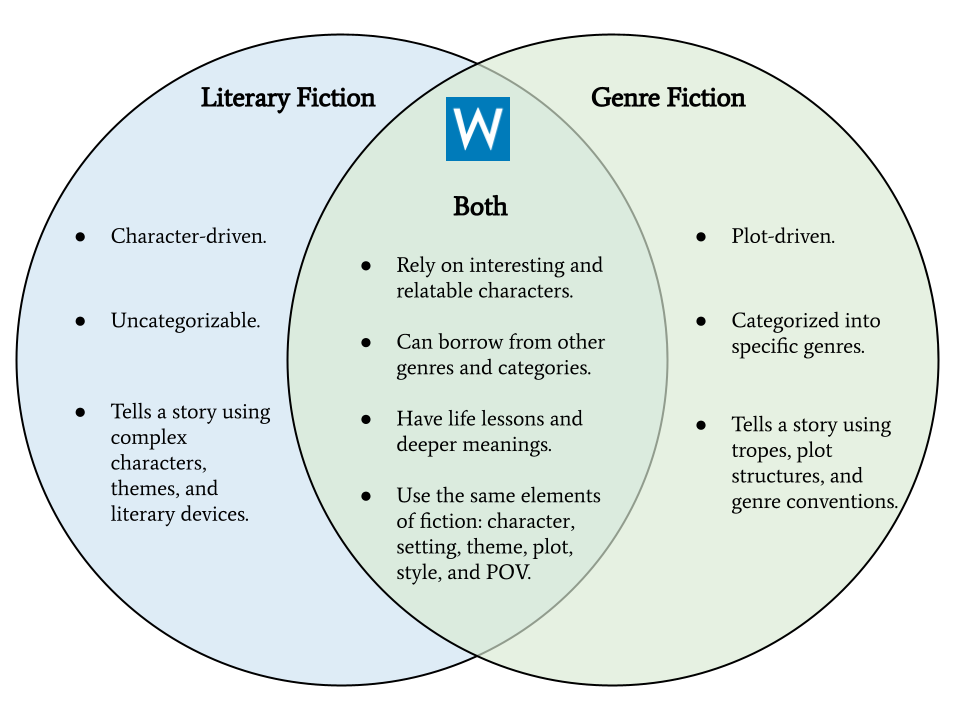Incanus
 Auror
Auror
The Phoenix on the Sword (the first published Conan story) was written in 1929, I believe, and published in 1932.Woah, I had no idea Conan was that old. Cool!
The Weird Tales magazine was started in the early 1920's, and was considered 'pulp' at the time.
I'm something of a fan of the 'golden age' of fantasy.

 Maester
Maester
